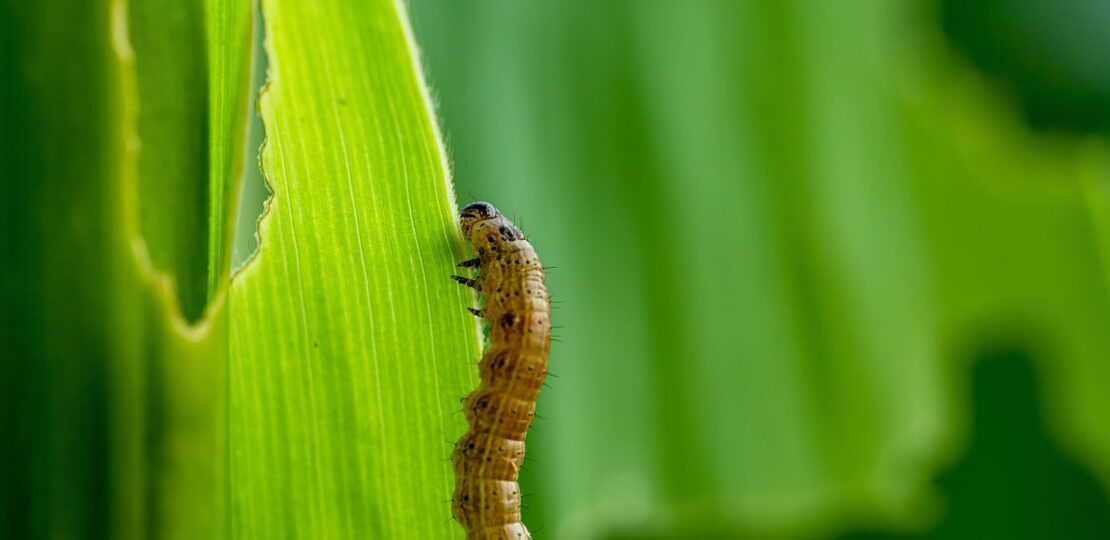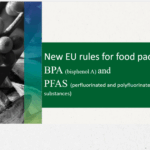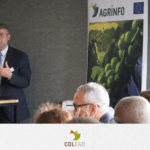IPPC/FAO RELEASE GUIDELINES
- 26/11/2021
- Posted by: Sandra Borma
- Category: Angola, Cameroon, Caribbean, Ethiopia, Gambia, Ghana, Kenya, Mauritius, News, Nigeria, Pacific, Rwanda, Sierra Leone, Tanzania, Uganda, Zimbabwe

On 18 November the International Plant Protection Convention (IPPC) Secretariat and the Food and Agriculture Organization (FAO) released new guidelines on fall armyworm (FAW): “Prevention, preparedness and response guidelines for Spodoptera frugiperda“.
Fall armyworm is affecting plant health in more than 70 countries, with many others at high risk of introduction. The guidelines offer globally harmonized measures and actions that countries can take to minimise the spread of the pest and protect their territories. It is a transboundary pest that has increasingly spread around the world over the past few years, affecting food security in many countries in Africa, the Near East, Asia, and the Pacific. To respond to this global threat and scale up international efforts to reduce the spread of FAW worldwide, the Food and Agriculture Organization (FAO) has launched a three-year Global Action for Fall Armyworm Control, which places new emphasis on prevention.
FAO and COLEACP (via the Fit For Market SPS programme) are working together to strengthen the SPS capacities of both private and public sectors in African, Caribbean and Pacific (ACP) countries by focusing on #planthealth. This new partnership through the IPPC Secretariat will focus on:
- enhancing global food security and increasing sustainable agricultural productivity
- protecting the environment from the impacts of harmful organisms
- facilitating safe trade, development, and economic growth.
The IPPC and COLEACP have just signed a Memorandum of Understanding to develop national phytosanitary capacities in ACP countries, and global capacities, through new training materials, workshops, communication and advocacy. Two new e-learning courses will focus on Pest Risk Analysis (PRA), and Export certification. Read more about these new training tools.
Photo credit: FAO.
These COLEACP activities are supported by the Fit For Market SPS programme, implemented by COLEACP within the Framework of Development Cooperation between the Organisation of African, Caribbean and Pacific States (OACPS) and the European Union.





